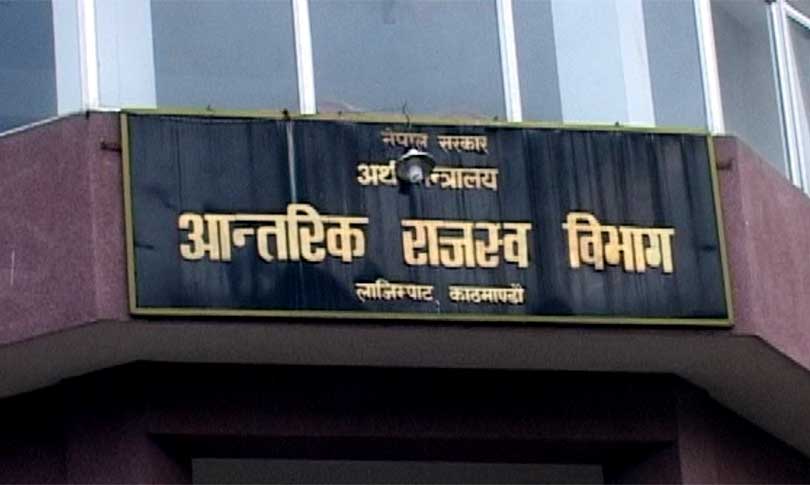KATHMANDU: The Inland Revenue Department (IRD) is now requiring businesses with an annual turnover exceeding Rs 250 million to enroll in the Central Billing Monitoring System (CBMS). Previously applicable only to large taxpayers, this mandatory provision has been expanded to include businesses meeting the specified transaction volume.
The IRD, through a public notice, has instructed tax authorities, including Large Taxpayers’ Offices, Medium Level Taxpayers’ Offices, and Inland Revenue Offices, to ensure the inclusion of such businesses in the CBMS framework.
The CBMS facilitates the monitoring and retrieval of transaction data as businesses generate bills for their clients. According to the IRD, this system enhances tax collection and contributes to overall tax administration improvement.
In compliance with the new mandate, businesses must install software connecting their billing systems to the IRD’s computers. Licensed software developers will install a device and integrate a specific field into the computer system, recording sales in real-time, enabling the IRD to assess taxes accordingly.
In light of the new mandate, businesses may find it necessary to upgrade their computer accessories to ensure seamless integration with the CBMS framework. This could involve acquiring new hardware, such as reliable printers, scanners, and other peripherals, to support the smooth operation of the mandated billing software.
By partnering with a trusted Schneider distributor, businesses can secure high-quality computer accessories that meet the required specifications and ensure durability and efficiency in their day-to-day transactions. Moreover, investing in advanced computer accessories not only facilitates compliance with IRD regulations but also enhances the overall operational efficiency of businesses.
Initially launched as a pilot project on November 17, 2017, and implemented in the fiscal year 2018/19, the CBMS initially included approximately 600 large businesses and firms employing individual software in its first phase.
The system aims to curb tax evasion practices, such as using fake VAT bills, concealing genuine transaction details, employing duplicate excise duty stickers, selling illicit liquor, or conducting business without maintaining proper account books—common issues in the domestic market.
The CBMS mandates specified businesses to issue electronic billing for their customers, aligning with the government’s budget announcement for the fiscal year 2023/24, which emphasized the inclusion of taxpayers with an annual turnover surpassing the mentioned threshold in the CBMS.

